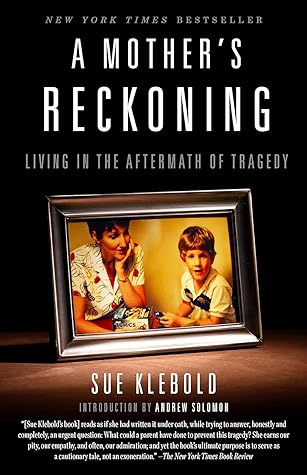More on this book
Community
Kindle Notes & Highlights
As monstrous as Dylan’s actions were, the truth about him is much harder to square. He wasn’t the pinwheel-eyed portrait of evil we know from cartoons. The disquieting reality is that behind this heinous atrocity was an easygoing, shy, likable young man who came from a “good home.”
The theologian C. S. Lewis begins A Grief Observed, his beautiful meditation on the death of his wife, with these words: “No one ever told me that grief felt so like fear.”
“Have patience with everything that remains unsolved in your heart,” Rainer Maria Rilke writes in his fourth letter to a young poet. “Try to love the questions themselves, like locked rooms and like books written in a foreign language. Do not now look for the answers. They cannot now be given to you because you could not live them. It is a question of experiencing everything. At present you need to live the question. Perhaps you will gradually, without even noticing it, find yourself experiencing the answer, some distant day.”
It’s widely acknowledged among those who grieve that the second year is often worse than the first. The first year, you’re trying to adjust to the newness of the suffering, and to get through the days. It’s during the second year that you realize you’ve lost sight of the shoreline. There’s nothing but emptiness ahead and behind, a vast loneliness stretching out as far as you can see. This, you realize, is permanent. There will be no turning back.
I try to find something that gives me a sense of peace and I can’t find one thing. Not writing, drawing, nature. I feel on the edge of disaster all the time. I’m still weeping over Dylan and hating myself for what he did.
Saying I am profoundly sorry is one of the reasons I wanted to write this book.
Grief has a life cycle. Many people have told me they started to emerge from the fog after about seven years, and that was true for me as well.
My anxiety disorder showed me what it feels like to be trapped inside a malfunctioning mind. When our brains are impaired, we cannot manage our own thoughts. No matter what I did to try to think myself back to balance, I didn’t have the tools to do it. I understood for the first time what it meant not to be in control of my brain.


